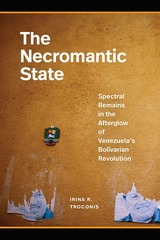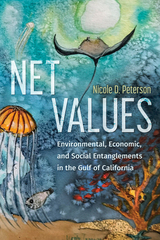7 start with S start with S
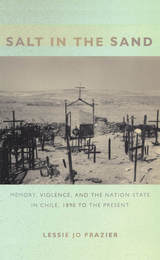
Analyzing multiple memories of state violence, Frazier innovatively shapes social and cultural theory to interpret a range of sources, including local and national government archives, personal papers, popular literature and music, interviews, architectural and ceremonial commemorations, and her ethnographic observations of civic associations, women's and environmental groups, and human rights organizations. A masterful integration of extensive empirical research with sophisticated theoretical analysis, Salt in the Sand is a significant contribution to interdisciplinary scholarship on human rights, democratization, state formation, and national trauma and reconciliation.

A landmark reinterpretation of the civil rights movement that challenges reductive heroic narratives of the 1950s and 1960s and invigorates new debates and possibilities for the future of the struggle for liberation.
We are all familiar with the romantic vision of the civil rights movement: a moment when heroic African Americans and their allies triumphed over racial oppression through courageous protest, forging a new consensus in American life and law. But what are the effects of this celebratory storytelling? What happens when a living revolt against injustice becomes an embalmed museum piece?
In this innovative work, Brandon Terry develops a novel theory of interpretation to show how competing accounts of the civil rights movement circulate through politics and political philosophy. The dominant narrative is romantic. This “arc of justice” narrative is found in popular histories, the speeches of Barack Obama, and even the writings of the liberal philosopher John Rawls. Despite being public orthodoxy, these romantic visions are exhausted and unpersuasive on their own terms. The breakdown of the authority of this history of justice has created space for a rival ironic mode, embodied in the political ideas of Afro-Pessimism. While offering a sympathetic critique, Terry ultimately finds Afro-Pessimist thought self-undermining and unworkable.
Instead, he argues, the civil rights movement is best understood in tragic terms. By challenging the attachment to triumphant pasts, Terry demonstrates that tragedy exemplifies what the civil rights movement has been and can still be. Provocative and original, Shattered Dreams, Infinite Hope offers an optimistic political vision without naïveté, to train our judgment and resilience in the face of reasonable despair.
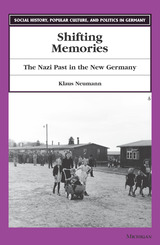
The case studies address, for example, the legacy of the so-called Celler Hasenjagd (the hunting down of concentration camp prisoners who survived an Allied air raid in April 1945 in a town in Lower Saxony); efforts by the City of Hildesheim to memorialize the Kristallnacht pogrom; attempts by Italian, Jewish, and Sinti survivors to commemorate their suffering in two West German towns; the posthumous reputation of a German communist imprisoned in Buchenwald and credited with having saved the lives of 159 Jewish children; and the public memories of the Ravensbrück and Buchenwald concentration camps in East Germany.
Directed at an audience curious about contemporary Germany, this book will appeal to those interested in issues of public and social memory, and in the legacy of Auschwitz.
Klaus Neumann is a historian who has taught in universities in Germany and Australia and written about social memories in the Pacific Islands, Australia, and Germany. Previous books include Not the Way It Really Was and Rabaul Yu Swit Moa Yet. He lives in Richmond, Australia.
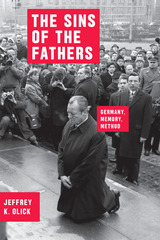
Nowhere has this precarious balance been more potent, or important, than in the Federal Republic of Germany, where the devastation and atrocities of two world wars have weighed heavily in virtually every moment and aspect of political life. The Sins of the Fathers confronts that difficulty head-on, exploring the variety of ways that Germany’s leaders since 1949 have attempted to meet this challenge, with a particular focus on how those approaches have changed over time. Jeffrey K. Olick asserts that other nations are looking to Germany as an example of how a society can confront a dark past—casting Germany as our model of difficult collective memory.
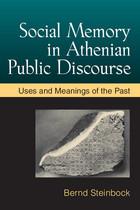
Integrating literary, epigraphic, and archaeological evidence with recent scholarship on memory, identity, rhetoric, and international relations, Social Memory in Athenian Public Discourse: Uses and Meanings of the Past enhances our understanding of both the function of memory in Athenian public discourse and the history of Athenian-Theban relations. It should be of interest not only to students of Greek history and oratory but to everybody interested in memory studies, Athenian democracy, and political decision making.
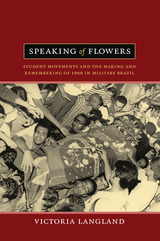
Embodying Cold War political and gendered tensions, Brazil's increasingly violent military government mounted fierce challenges to student political activity just as students were beginning to see themselves as representing an otherwise demobilized civil society. By challenging the students' political legitimacy at a pivotal moment, the dictatorship helped to ignite the student protests that exploded in 1968. In her attentive exploration of the years after 1968, Langland analyzes what the demonstrations of that year meant to later generations of Brazilian students, revealing how student activists mobilized collective memories in their subsequent political struggles.
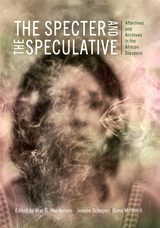
READERS
Browse our collection.
PUBLISHERS
See BiblioVault's publisher services.
STUDENT SERVICES
Files for college accessibility offices.
UChicago Accessibility Resources
home | accessibility | search | about | contact us
BiblioVault ® 2001 - 2025
The University of Chicago Press



